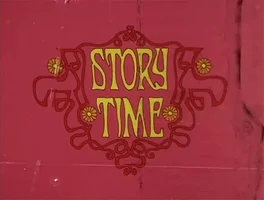Handling Q&A When Public Speaking
Handling Q&A when public speaking can be nerve-wracking! You can spend time designing your slides and rehearse your presentation as much as you want, but after all great presentations, is the dreaded Q&A. You really have no idea what people may say out loud. 😬
The good news is that there are a few things you can do to decrease your nerves during this portion of a presentation. Below are 4 tips to help with handling Q&A when public speaking.

Timing
First, decide if the audience can ask questions throughout the presentation or only at the end. Personally, I prefer at the end. The main reason is that it can be distracting for you, the speaker, and the audience, to respond to questions and then get back to the presentation. The second reason is that you most likely will answer their question if they just wait until the next slide. I know all public speakers can relate to this. 😝
Despite what I say above, there certainly are exceptions. For example, when I lecture (weekly) at my university, my presentations are more of a discussion. So, it’s fine for students to ask questions throughout. I want to know what they do and don’t understand. Whether you decide to let the audience ask questions during or after the presentation, make sure to tell them this at the beginning.
Repeat
When someone does ask a question, be sure to repeat (and summarize) the question for the rest of the audience. Even if the question asker has a microphone, people in the audience may miss the question for various reasons. Not to mention, some people can be quite verbose and it may be difficult to determine what the actual question is (vs. just hearing a story).

Difficult People
For inappropriate questions or behavior, move away from the speaker and change the topic as quickly as possible. Use the nonverbal cue of space to distance yourself from the speaker. The farther away you are from someone, the more difficult it is for them to continue talking to you.
Another strategy is to change the topic or give another person a chance to ask a different question. The audience will be able to tell if someone is out of line or has an ulterior motive and they will be ok with you moving things along.

IDK
For questions that may come up to which you don’t know the answer, have a strategy. For example, you can say “I don’t know that” or “send me an email and I can look into that.” It’s o.k. to not have all of the answers. I have even been in the middle of answering a question and completely forgotten what I was saying. I was so glad when I realized I wasn’t the only one who has done this! Cut yourself some slack (and buy yourself some time).
What helps you get through Q&A? Let us know below.
